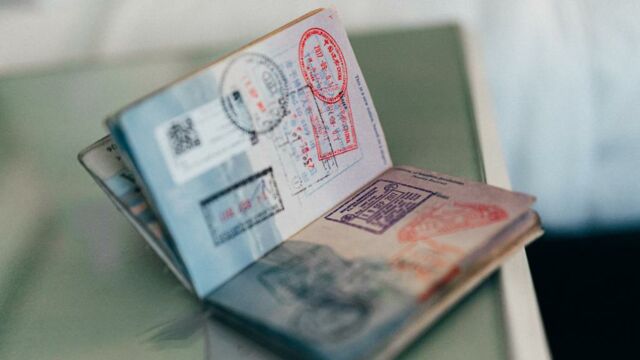A third coronavirus variant has popped up this time from Brazil, prompting travel restrictions and raising questions of whether or not the new strain is any more dangerous than that of the UK or South Africa.
Discover our latest podcast
Travel restrictions now in place
Prime Minister Boris Johnson revealed that he is ‘very concerned’ about the new Brazilian variant as transport secretary Grant Shapps, made the ‘urgent decision’ to put a travel ban in place for much of South America as well as Portugal due to their ‘strong travel links with Brazil.’
The urgent decision has seen travel bans preventing travellers from the following fifteen countries from entering the UK: Argentina, Bolivia, Cape Verde, Chile, Columbia, Ecuador, French Guiana, Guyana, Panama, Paraguay, Peru, Suriname, Uruguay, Venezuela, as well as Brazil.
Is the new strain from Japan or Brazil?
The new strain was discovered earlier this monthafter four people had travelled from Brazil to Tokyo and is so far, the latest coronavirus mutation to rear its head during the pandemic. Out of the four travellers who had entered Japan, one man in his forties experienced severe breathing difficulties, while a second woman in her thirties tested positive for the strain with the mild symptoms of a headache and a sore throat.
The two other victims of the new Brazillian strain were just children with one experiencing a fever and the other being asymptomatic.
Scientists in Japan now have the new strain under observation as much like the South African variant, the Japanese/ Brazilian mutation also shows some changes to the virus’ protein. This could ultimately affect the efficacy of mRNA vaccines such as that of Pfizer and Moderna.
However, unlike the other two strains, Japanese researchers have yet to conclude whether or not the new variant shows any evidence of increased transmission. Japan’s National Institute of Infectious Diseases (NIID) recently revealed that there is ‘no proof showing the new variant found in those from Brazil is high in infectiousness,’ but that further analysis was needed.
The new variant has researchers concerned
While there is no evidence of increased transmission of the new variant as yet, it is still a possibility. However, other implications of the new Brazilian/Japanese strain has researchers very concerned.
The NIID has so far revealed that the new strain of coronavirus shows 12 mutations along the protein spike including that of N501Y and E484K.
So far, the mRNA vaccines have been designed to target this protein spike which is responsible for the virus attaching itself and entering the human body. That means significant changes to this spike could render vaccines ineffective.
So far the N501Y mutation has already been observed in the UK strain and has resulted in an increase of coronavirus transmission but doesn’t affect vaccine effectiveness. However, the World Health Organisation recently shared that this increased transmission still has repercussions and could cause further mutations to appear down the line.
In reality, it’s the E484K mutation that’s a cause for concern.
So far, researchers have found this E484K mutation could be linked to the ‘escape from neutralising antibodies’. This means that it can evade parts of the immune system’s natural defence memory resulting in reduced immunity provided by vaccines and prior infection
Research on the E484K mutation - which is also present in the South African strain - is still ongoing in this area and so far no conclusion has been made. But, Vincent Enouf from Paris’s Pasteur Institute revealed that even reduced efficacy is better than none:
Even if you lower the efficacy, there would normally still be some neutralization of the virus.















